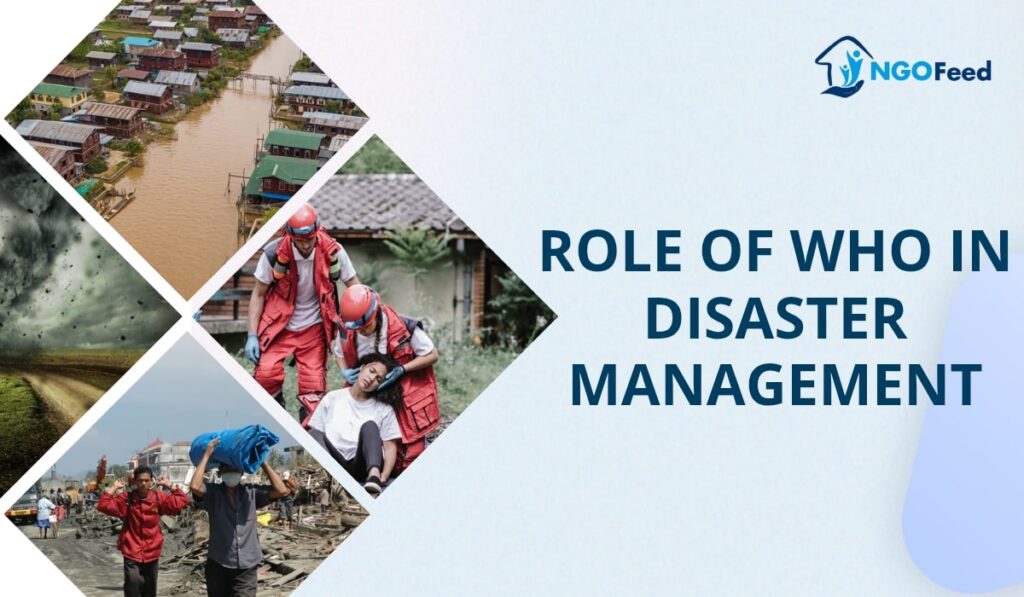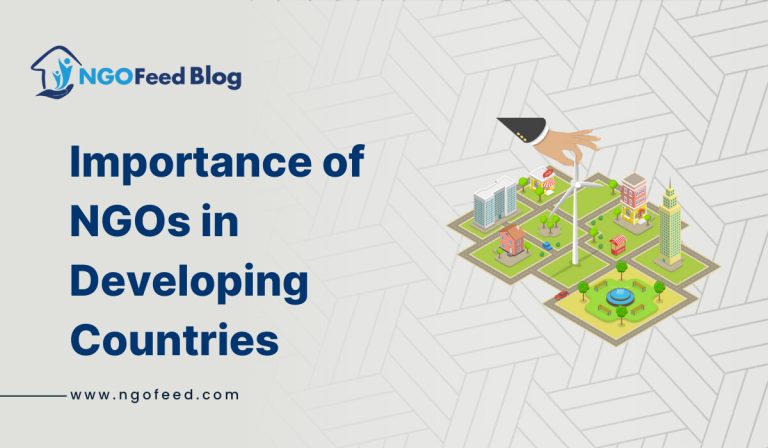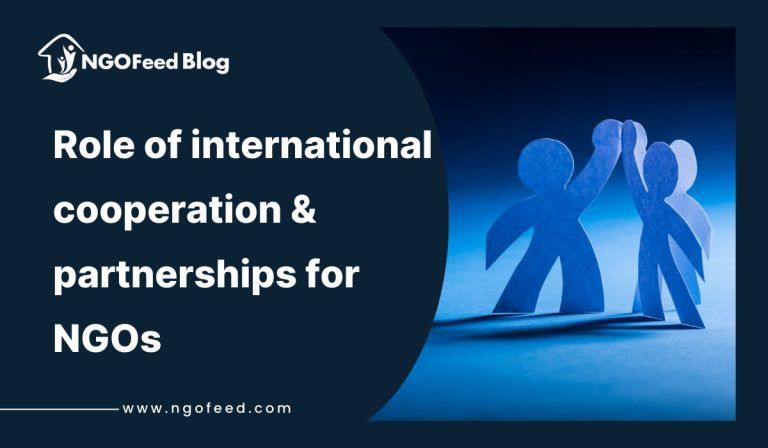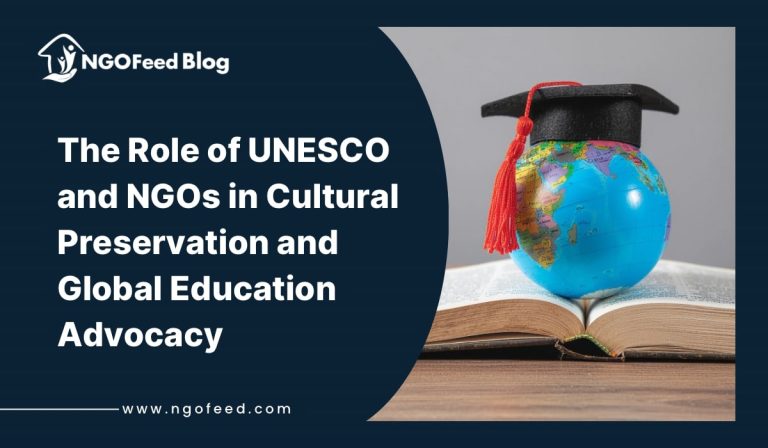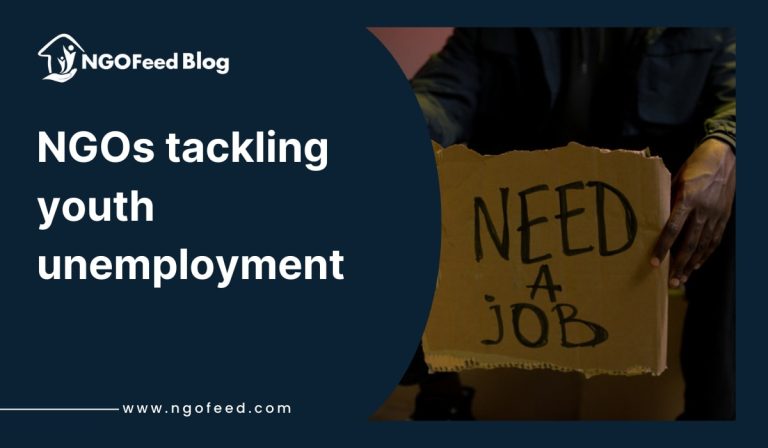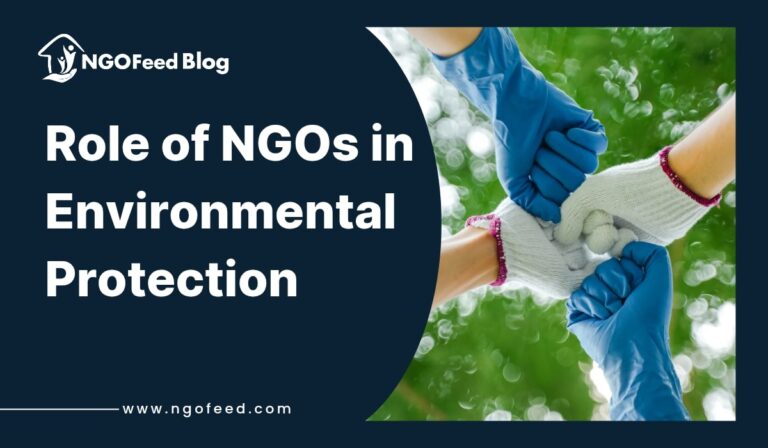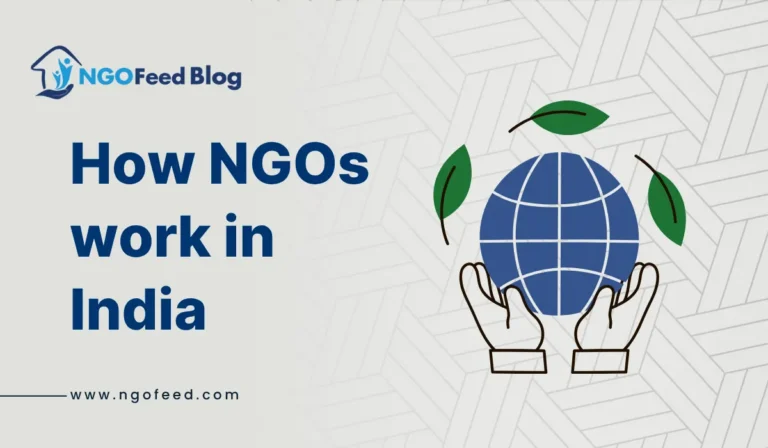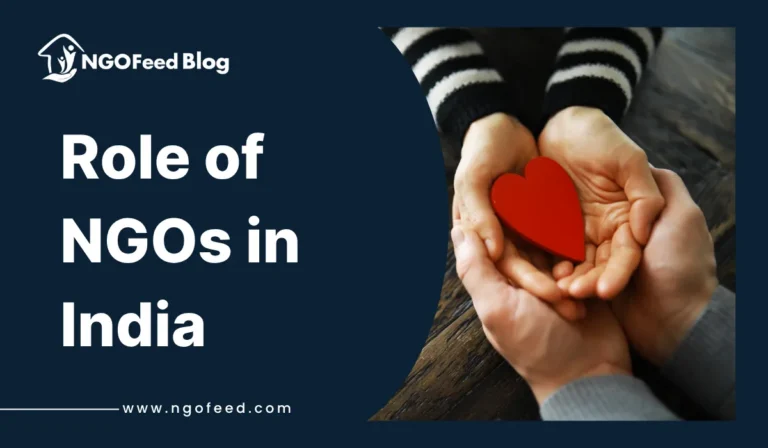Role of WHO in Disaster Management: Natural and man-made disasters remain large threats to populations’ and health systems’ resilience where the crisis outcompetes local actors’ abilities and calls for an organized global response. In this study, the WHO has been considered the most relevant international organization due to its focus on public health and its functions as the United Nations specialized agency. Organizational mission is not merely providing direct healthcare services, but even developing work capacities for societal continuity during difficult times.
WHO works in disaster management along the objectives of risk assessments, preparedness, and response. The WHO cooperates especially with its member states, NGOs, and other international organizations in order to provide a quick response to health crises. Thus, relying on its technical experience, the organization supplies standards, funds raising, and reinstating the health structures in stormy areas.
AGO’s disaster response is based on the priority that the organization gives to building strong, resilient public health systems and advancing global solidarity. Apart from the coordination of response to pandemics and disasters, WHO guarantees not only the health aspect is considered in the relief interventions but also given priority. Its leadership in disaster management shows that health security and preparedness are key elements of health security in a world where the threat landscape is constantly evolving; the capability of health systems is critical to effective disaster response.
Table of Contents
What is a Disaster and Its Effects on Health?
Fires, floods, hurricanes, earthquakes, disease outbreaks, conflicts, and terrorist attacks devastate societies, countries’ lives, livelihoods, and health capacities in ways that have not been witnessed in many years. They come in different types which include; earthquakes, floods, hurricanes, pandemics, industrial disasters, and war among others. The studies show that every type of disaster poses special risks to the health of people and devastatingly impacts individuals.
Types of Disasters
- Natural Disasters: Geophysical: Hurricanes, tornados, storms, cyclones, tsunamis, earthquakes, volcanic eruptions, etc.
- Hydrological: Floods, tsunamis.
- Meteorological: Cyclones, hurricanes.
- Biological: Epidemics, occurrences of endemic infections.
- Man-Made Disasters:
- Industrial Accidents: Chemic psychologists, Nuclear disasters.
- Conflict and War: Political instability, refugee situation.
- Environmental Degradation: The following can be said to be the main factors leading to deforestation; climate change-induced phenomena.
Also Read: Role of NGOs in Waste Management
Health Consequences of Disasters
Disasters can severely impact health systems and individuals, leading to:
- Immediate Injuries and Fatalities: Those resulting from physical attack, collapsing structures, acts of violence, etc.
- Disease Outbreaks: Inadequate hygiene, polluted water, and high population density in refugee camps breed cholera or dengue or an outbreak of respiratory illnesses.
- Mental Health Issues: Some of the common effects include; post-traumatic stress disorder (PTSD), anxiety, and depression.
- Disruption of Health Services: I was interested in how infrastructure had been affected and this led to a shortage of qualified healthcare professionals, a lack of medical supplies, and the destruction of facilities that hindered service delivery.
- Vulnerable Populations at Greater Risk: The government has identified vulnerable groups during disasters inclusive of pregnant women, children, the elderly, as well as those with underlying health conditions.
Understanding these impacts assumes the importance of an integrated approach to disaster management and the centrality of WHO in addressing these effects. To achieve these goals WHO aims at reducing the effects of disasters in the short run as well as the future effects on the health systems and society.
What is the role of WHO in disaster management?
The World Health Organization and Disaster Management
However, the WHO assumes the purview of disaster management by guaranteeing that health is always a part of the disaster management strategy. Its mandate is geared towards protecting people’s lives, building capacity, and reducing disaster incidences globally.
Also Read: Role of NGOs in Wildlife Conservation
1. Leadership and Coordination
- Global Health Leadership: WHO provides overall global health leadership during emergencies working with governments, NGOs, and UN-related organizations among others.
- Emergency Health Clusters: It organizes health clusters to resemble disaster functions and ensures that the centers do not duplicate resources.
Rapid Deployment Teams: WHO sends consultants and emergency health assessment teams to evaluate the threats and extend assistance.
2. Risk Assessment
- Health Emergency Preparedness: WHO provides countries with frameworks, and recommendations to prepare national action plans in cases of disasters.
- Monitoring and Surveillance: It gives disease outbreak alerts for diseases and disease hazards early detection for the entire world.
- Capacity Building: It assists nations enhance their high-quality disaster management capability, across training sessions, and simulations.
3. Emergency Response
- Resource Mobilization: WHO delivers Medical relief items, facilities, and immunization to disaster areas or affected populations.
- Disease Control and Prevention: It works to prevent the spread of communicable diseases that always occur after disasters like cholera, malaria, or respiratory diseases.
- Health Infrastructure Recovery: WHO is involved in the reconstruction of health structures and re-establishment of essential services in the affected zone.
Also Read: Role of NGOs in Disaster Relief
4. Recovery and Rehabilitation
- Post-Disaster Recovery: Instead, WHO provides the continuity of interventions to reconstruct strong health systems while meeting public health requirements for the long term.
- Mental Health Support: Understand that disasters have a psychological impact, WHO responds to people’s mental health and psychosocial needs.
5. Research and policy development
- Research and policy development can be viewed as a strategic activity if it is done with the intention of implementing its outcome for long-term organizational use.
- Data Collection and Analysis: WHO focuses on research for the purpose of assessment of the effects of disasters on health, as well as enhancement of the subsequent actions.
- Guidelines and Protocols: It creates efficiencies in health emergency and disaster risk management by generating empirical policies and approaches, like the Health EDRM framework.
6. Partnerships and Advocacy
- Collaboration: WHO collaborates with regional health actors, and non-governmental and humanitarian organizations in improving disaster preparedness and response capacity of governments.
- Global Advocacy: Through campaigns as well as international forums, the organization emphasizes the need to mainstream health in disaster management response strategies.
In this respect, WHO, in cooperation with its partners, staff, and resources, guarantees the stability of healthcare systems and prepares communities for emergencies. They entailments are essential in reducing the suffering and rebuilding process in cases of disasters.
The role of WHO during the COVID–19 pandemic.
when an outbreak of COVID-19 was identified in December 2019.
The Crisis: The SARS-CoV-2 virus outbreak resulted in a global pandemic that has affected all aspects of human life including health, economy, and social life.
Also Read: Role of NGOs in Water and Sanitation
WHO’s Role:
- Officially classified the COVID- 19 as a Public Health Emergency of International Concern (PHEIC).
- Also offered expertise in the form of diagnostic approaches as well as treatment protocols and prevention strategies.
- Led the efforts in the COVAX Alliance to achieve fair access to vaccines around the globe.
- Provided correct information as well as responding to fake news.
Outcome: WHO’s leadership supported what was needed for countries to work together for the control of the pandemic and for the quick development of vaccines.
WHO collaboration with NGOs
Indeed the World Health Organization WHO concedes to the fact that disaster management is best done in groups. NGO cooperation with WHO is essential as the plans should be universal and more specific to certain areas.
What is the role of NGOs in disaster management?
NGO’s are also a constituent part of the disaster management cycle with WHO especially in developing countries where government capacity is low.
On-the-Ground Response:
- In disaster-stricken areas NGOs are involved in providing initial relief such as medical help, food, and shelter.
- They are well situated to assemble and deploy valuable assets and people rapidly.
Community Engagement and Trust-Building:
- These NGOs assist International Organizations such as WHO to get closer to the affected nations and communities.
- They build confidence that nothing planned will violate cultural or social aspects and that the outcomes should match these aspects.
Also Read: Role of NGOs in Water Conservation
Specialized Expertise:
- There are organizations, which have specialized in medical intervention and management of diseases such as Médecins Sans Frontières (Doctors Without Borders).
- NGOs include areas such as mental health, rehabilitation for disabled persons, and the rights of the child which is in tandem with WHO wider roles and responsibilities.
Advocacy and Awareness:
- The Non-governmental organizations act as pressure groups and oversee the rightful representation of the stringent needs of disadvantaged groups of people during disasters.
- They conduct publicity on health and safety precautions during and after disasters.
Also Read: Role of WHO in Healthcare
Capacity Building:
- An important capacity of NGOs is their collaboration with WHO to educate healthcare workers, volunteers as well as members of the community in emergency response.

